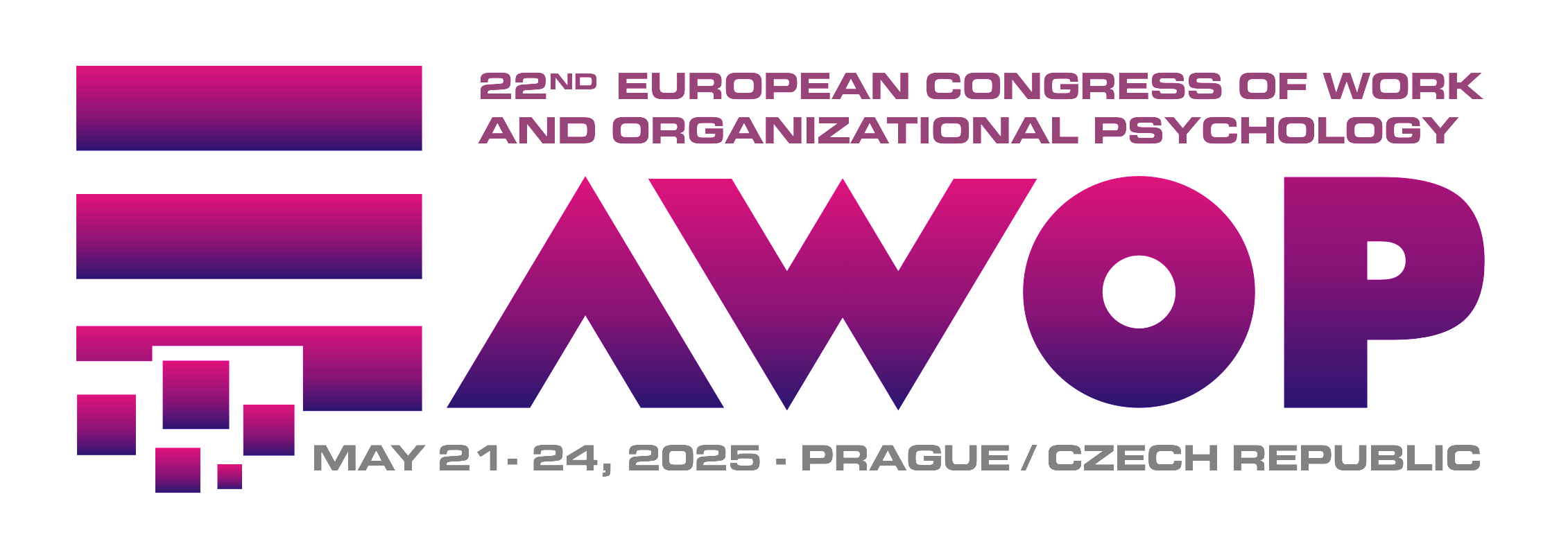Chair: Margaret Forde; Psychological Society of Ireland
Date: May 21st, 2025
Time: 13:00 – 16:00 (Half-day session)
Price: 40 EUR
Capacity: 60 People
When people become fixed on their negative emotions, their thinking becomes rigid and repetitive, and high levels of anxiety result. Emotional flexibility has been shown to have a positive impact on wellbeing and helps alleviate stress.
Emotional flexibility (EF) is defined as the ability to flexibly regulate emotions in a context-appropriate manner, and to recover from the primary emotional response when the context changes, thereby creating a best possible match with the ever changing environment (Aldao et al. Emotion regulation flexibility A Aldao, G Sheppes, JJ Gross – Cognitive Therapy and Research, 2015)
A related concept, emotional agility is defined as mindfully and productively approaching one’s inner experience, and moving to action based on one’s values (Susan David, HBR Nov 2013).
Research by Frank Bond, University of London, has shown that in the workplace, emotional flexibility helps people reduce errors, become more innovative, and improves job performance.
In the context of leadership, emotional flexibility is crucial, so that leaders don’t carry the impact of one negative event e.g. a valuable employee resigning, forward into the next meeting e.g. a sales pitch with an important client. Leaders, more than most, need to be able to switch gear throughout the day.
Increasing Emotional Flexibility
We have a myriad of thoughts and emotions during every single day. Some of them stick with us, we self-identify with them, they become how we define ourselves, they filter we see the world through. Much of this operates at an unconscious level and is deeply ingrained.
Bombarding ourselves with messages to think positively have been shown not to work, and may even be counter-productive (“toxic positivity”). The first step is to begin to notice these patterns in ourselves in a curious and accepting way. Much work and research has been done using a specific model of mindfulness training, ACT (Hayes, S, Acceptance and Commitment Therapy) of Noticing, Labelling, Accepting, all of which allow one to step out of the “storm” and act more in line with values (Susan David, HBR, Nov 2013).
This workshop approaches developing emotional flexibility from an emotional, rather than a cognitive perspective. Barbara Fredrickson has shown how creating positive emotional states diffuses stress, what she calls the “undo” effect. Her research also showed that existing levels of positivity are highly predictive of resilience i.e. those who measured high on the positivity rating scale were the fastest to recover from negative events.
We know that from an evolutionary perspective, our brain is highly sensitised to pay attention to negative emotion, it is what enabled our ancestors to survive. Likewise, with memory: if we give three presentations, two go well, and one goes badly, it is most likely the “bad” one we re-run in our mental rehearsal room. We give it more emotional weighting, or in David’s language get “hooked” on it, it becomes a stronger part of our self-image.
Fortunately, neuroscience has shown us that the wiring in our brain can be changed, depending on what we pay attention to. The proposed workshop engages participants in selectively reinforcing positive memories in a highly interactive and fun way, changing the neural wiring and emotional weighting.
The Emotional Flexibility Workshop
Duration : 3 hours Approximate Timing
- Brief Introduction of concepts (15mins)
- Icebreaker Exercise : interactive version of “three good things” journaling exercise (15 mins)
- Explanation and demonstration, using detailed questionnaire for selective memory exercise (15 mins)
- The selective memory exercise, working in pairs, each taking it in turn to be the narrator and the curious enquirer (20 mins for each participant, 40 mins in total).
- Coffee break (15 mins).
- Reminder of confidentiality regarding specifics of partner’s memories. Feedback to group Implications regarding the narratives we tell ourselves, and communication with others (30 mins)
- Drawing good stories out of others. “Active Constructive Responding “(ACR) (15 mins).
- Guided Mindfulness/Relaxation and Visualisation using selected positive memory (20 mins).
- Concluding Discussion, Feedback and Questions (20 mins).
The Take Away
After the workshop, there is always a great “buzz” in the room, people are energised, and have a deeper connection with each other. There is greater openness and self-awareness, and a consciousness of how easy it is to change emotional states in oneself and others.
My experience.
I am both a chartered organizational psychologist and chartered counselling psychologist PsSI, and a founder of the Irish Association of Holistic Medicine and the Positive Psychology Coaching Institute. I have given presentations and workshops in corporate, educational, training and wellbeing settings, for the last 15 years including:
Corporate: The Road Safety Authority, The Irish Sports Council, Institute of Women Bankers, Technological University, Dublin, Hertz, Guinness (Diageo), numerous software, legal, pharmaceutical and health sector companies.
Conferences: Social Workers Conference, Most, Czech Republic 2010. PsSI DWOP Coaching Psychology Group. Institute of Career Guidance Counsellors. Irish Confederation of Nursing Homes. Irish Credit Union Conference 2021.
Education: Director of Training and principal lecturer in psychological approaches with Irish Association of Holistic Medicine (1985 to 2015). Involved in training of thousands of holistic practitioners in yoga, ki-massage, nutrition, holistic psychotherapy, positive psychology coaching. Lecturer (2015 to present) Irish Mindfulness Academy, British Mindfulness Academy. Lecturer, Dublin Business School (Kaplan University), Masters in Applied Psychology.
Well-being days: Facilitated a vast number of wellbeing workshops, events and presentations in a wide range of settings. I am singling out one that was most meaningful for me at the Multiple Sclerosis Living Convention 2011, opened by the then President of Ireland, Mary Mc Aleese. After my presentation, I presented an earlier version of the proposed workshop to approximately 40 people in various stages of M.S., including some who were wheelchair-bound. Observing their joyful reactions, and the positive feedback especially from some of the worst affected by the disease, was one of the most rewarding experiences of my professional life.
